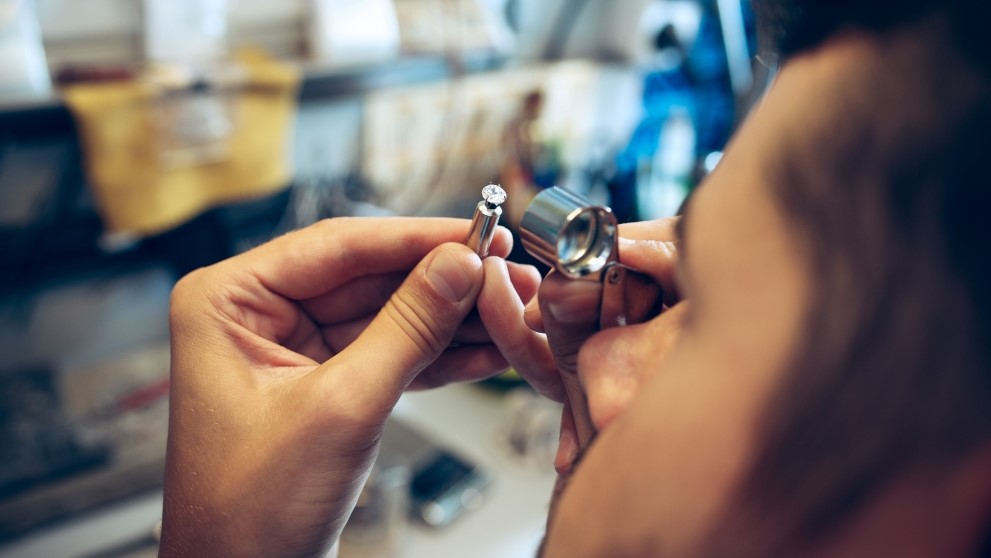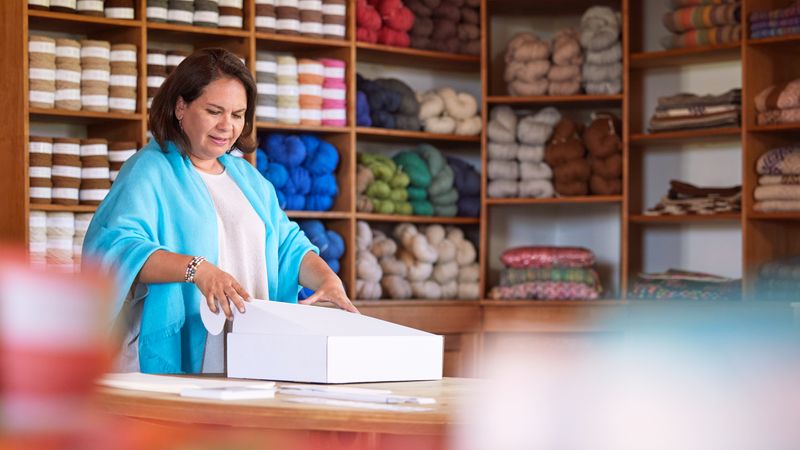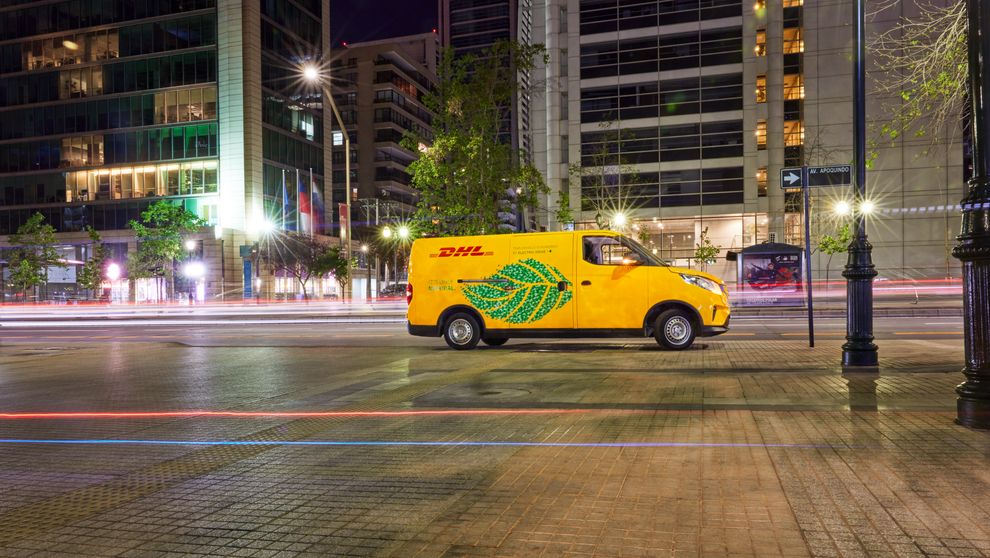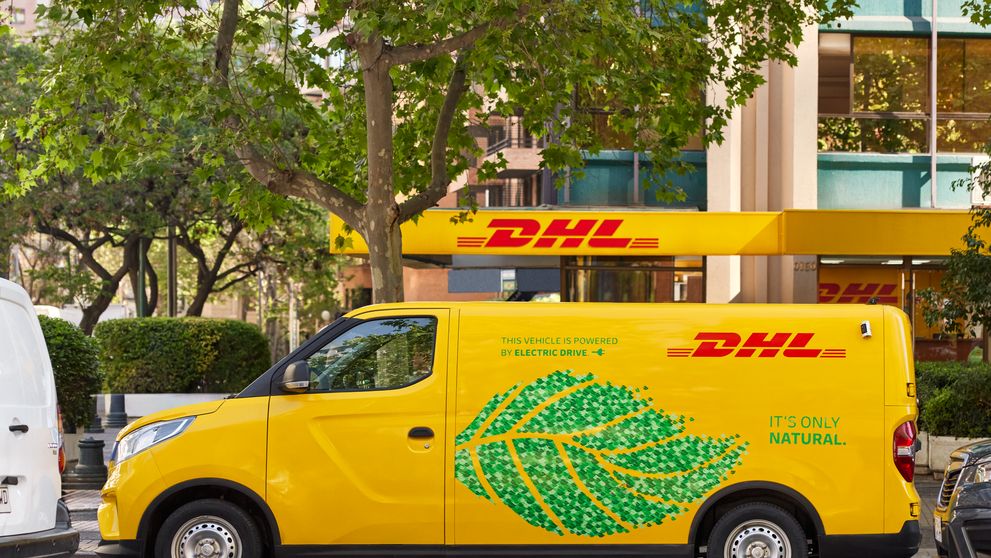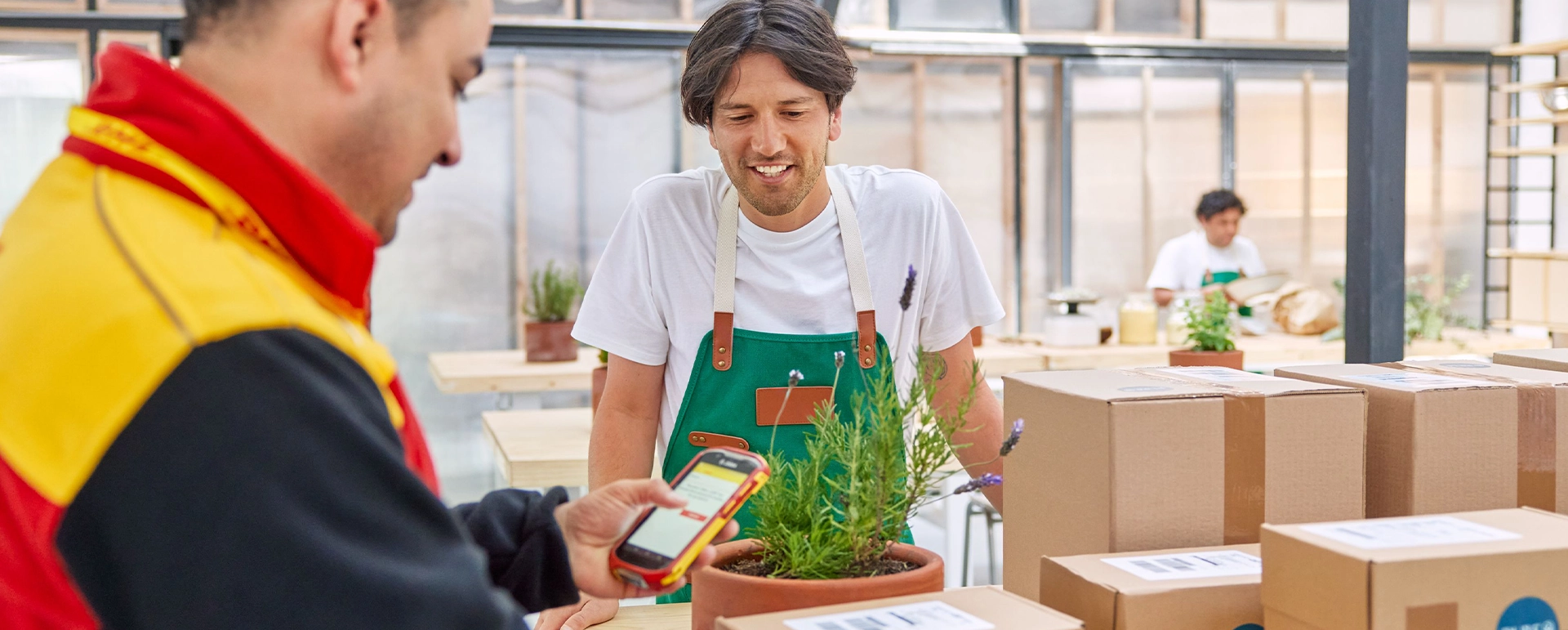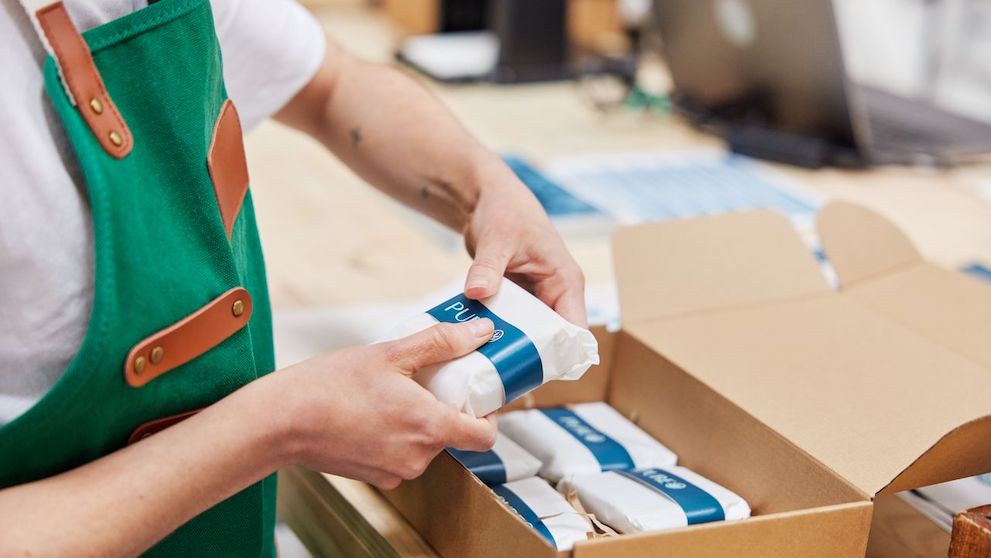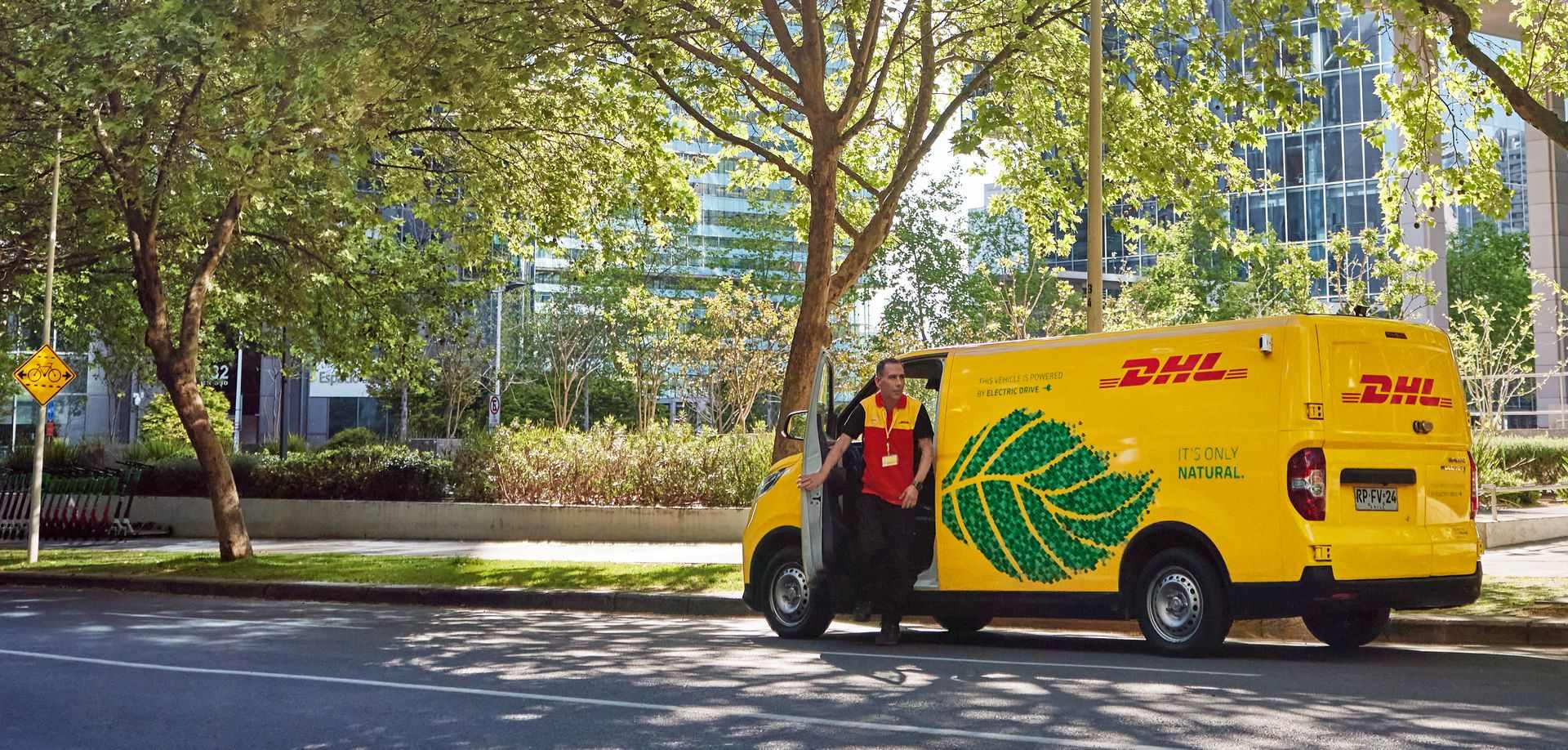There has been a major rise in promoting sustainability in the Thailand fashion industry, particularly in the jewellery manufacturing industry. According to KNOWESG, the Gem and Jewellery Institute (GIT) of Thailand, has encouraged businesses to incorporate sustainability in their practices. Being unable to keep up with sustainability could be risky for business. This is due to the heightened consumer demand for sustainable products, coupled with growing awareness of the environmental impact of traditional mining practices. As government organisations and the global jewellery market shift to more zero-waste product lines and operations, jewellery manufacturers are being prompted to adopt innovative solutions.
Exploring the sustainable transformation of Thai jewellery
There have been several eco-friendly trends that Thai jewellers have done to implement sustainability in their product line. However, according to the Bangkok Gems and Jewellery Fair, two of the growing trends in sustainable jewellery making are the use of salvaged gold and lab-grown diamonds.
Recycled gold from electronic waste
Gold mining is considered one of the most hazardous industries in the world, as it leads to displacing communities, contaminating drinking water, and destroying pristine environments. It’s found that producing gold for one wedding ring alone generates 20 tonnes of waste, according to EARTHWORKS.
Parallel to this, e-waste is the fastest-growing waste stream globally, and improper disposal can lead to environmental contamination. In fact, it’s been reported by the United Nations Institute for Training and Research that the world’s e-waste has gone up to 82% since 2010. As new technologies are introduced, it is also on track to rise another 32% in 2030.
In response to these issues, some Thai jewellers have opted to incorporate salvaged gold recycled from electronic waste into their designs. This practice reduces the demand for newly mined gold and addresses the growing problem of electronic waste, or e-waste. By extracting gold from e-waste, Thai jewellers are contributing to a more circular economy and reducing the environmental impact of the electronics industry.
Extracting gold from e-waste involves meticulous dismantling and refining, ensuring the recovered gold meets the same quality standards as traditionally mined gold. This allows jewellers to create stunning pieces while supporting the use of ethically sourced gold in jewellery making and minimising the impact of gold mining.
Lab-grown diamonds
Diamond mining has long been a concern due to the various issues surrounding its operations. According to a study published in the Department of Civil and Environmental Engineering in Milan, Italy, diamond mining has several socio-environmental impacts on countries with mining farms. These issues include deforestation, river pollution, water resources exploitation, and hazardous work environments. This has prompted jewellery makers to opt for a more ethical alternative, which has increased the popularity of lab-grown diamonds.
In an article published in the Commons, lab-grown diamonds are engineered in a controlled environment through Chemical Vapour Deposition (CVD) and High Pressure High Temperature. These processes replicate the formation of diamonds but are done over a shorter period. Typically, gemstones made through these methods are chemically, physically, and optically identical to their mined counterparts. As such, it eliminates the need for disruptive mining practices.
There are few recent studies on the environmental impact of lab-grown diamonds. However, some researchers suggest that lab-grown diamonds consume less water and energy as well as emit less carbon. Most importantly, they are not created in a way that alters ecosystems.
Advantages of using eco-friendly jewellery materials
These are some of the benefits that sustainable jewellery making can bring to jewellers in Thailand:
Environmental benefits
Using eco-friendly materials and incorporating sustainable practices in the production of jewellery significantly contributes to the global initiative for zero waste. Through these initiatives, jewellery manufacturers in Thailand can minimise land destruction, reduce carbon emissions, and avoid the ethical dilemmas associated with traditional mining.
Market appeal
Opting for sustainable practices is good not only for the planet but also for business. A growing segment of consumers, particularly those in the Gen Z and Millennial demographics, actively seek out eco-friendly products. By offering sustainable jewellery, Thai jewellers can attract and retain these environmentally conscious customers, boosting brand loyalty and market competitiveness.
Innovation in the jewellery industry
The shift towards eco-friendly jewellery materials can potentially drive innovation in the industry, particularly in the development of manufacturing techniques that minimise the industry’s carbon footprint. It encourages the exploration and development of new materials, expanding the possibilities for eco-friendly jewellery made in Thailand.
Moreover, the push for eco-friendly practices fosters collaboration between jewellery designers, scientists, and engineers, leading to research and development initiatives that drive the industry forward.
Challenges in transitioning to sustainable jewellery production
While the move towards sustainable practices offers a wealth of benefits, Thai jewellers inevitably encounter some hurdles along the way, such as:
Overcoming prejudices
One of the main challenges faced by jewellery manufacturers is overcoming consumer prejudices against recycled materials and lab-grown gemstones. Some consumers may hold outdated notions about these materials, associating them with lower quality or lesser value.
Thus, education is key to changing these perceptions. It’s essential to highlight the environmental benefits and the fact that recycled materials and lab-grown gemstones possess the same quality and authenticity as their mined counterparts. That way, jewellers can gradually shift consumer preferences towards sustainable options.
Supply chain and production adjustments
Transitioning to sustainable jewellery production requires adjustments to the supply chain and production processes. Sourcing sustainable materials, such as recycled gold and ethically sourced gemstones, may necessitate establishing new supplier relationships and adopting more stringent sourcing criteria.
Furthermore, implementing green production practices, such as reducing energy consumption and minimising waste, may involve investing in new technologies and equipment, as well as training staff on new methods.

Embracing sustainable logistics in eco-friendly jewellery making
The shift towards sustainable jewellery production is a holistic endeavour, encompassing not only the materials used but also the entire supply chain. This is where sustainable logistics plays a crucial role.
By partnering with logistics providers that offer eco-friendly shipping and sustainable logistics practices, Thai jewellery makers can further reduce their environmental impact. This is where partnering with DHL Express, a leader in logistics and supply chain solutions, can be beneficial.
DHL Express's GoGreen Plus services provide sustainable logistics solutions, helping Thai jewellers minimise their carbon footprint and align their operations with eco-conscious values. This includes the use of Sustainable Aviation Fuel (SAF) in our air transportation operations for international shipping, designing new buildings to be carbon neutral, and implementing energy-efficient technologies across our facilities. Furthermore, we optimise our delivery routes to reduce fuel consumption and emissions, ensuring a comprehensive approach to sustainability in logistics.
Start implementing sustainable shipping when delivering your products overseas and open a business account with us today.
